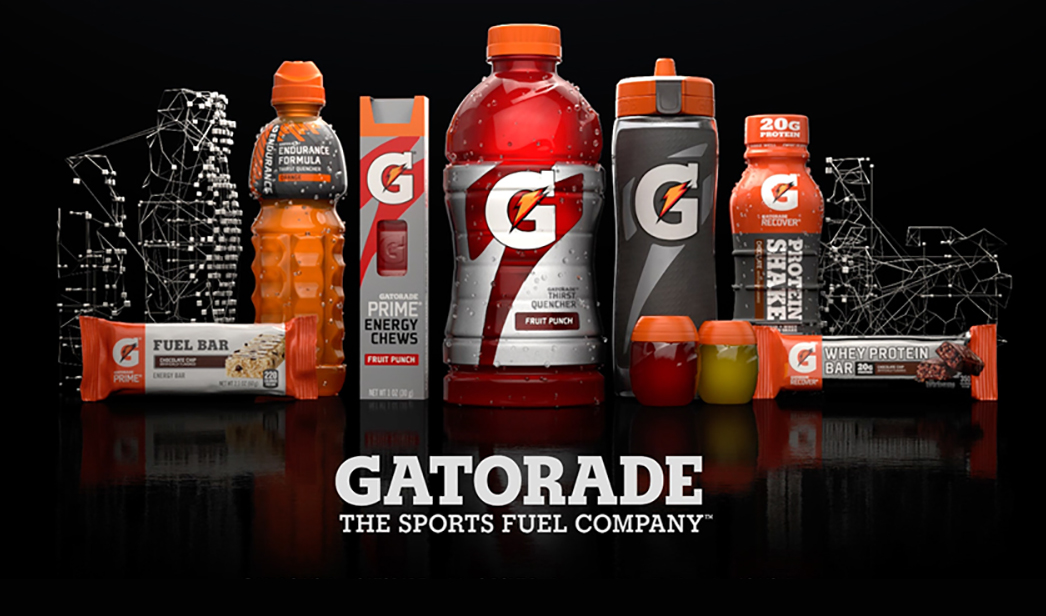Gatorade used the slogan “Gatorade The Sports Fuel Company” and SportFuel, Inc. sued, claiming trademark infringement. The district court threw out the case after it decided that Gatorade’s slogan was construed as fair use. SportFuel appealed.
On August 2, 2019, the Seventh Circuit Court of Appeals affirmed the lower court’s decision. The Gatorade Company and PepsiCo, Inc. are now off the hook, unless SportFuel tries to appeal up to the U.S. Supreme Court. However, it is very unlikely that the highest court hears this type of case.
The appellate court’s decision is a good look into that circuit’s position on the fair use defense. Fair use can be an absolute bar to trademark infringement cases, even when trademark registrations, such as SportFuel’s, have existed for a long period of time.
In this case, Gatorade was tasked with proving that (1) it did not
use “Sports Fuel” as a trademark, (2) the use was descriptive of its goods, and (3) it used the mark fairly and in good faith. Because Gatorade satisfied all three prongs, the court did not even need to go into an analysis of whether a risk of confusion existed, which is what it would have done in some trademark infringement cases — where fair use is not a bar to the claims.
Gatorade did not use the term “Sports Fuel” as a source indicator. The court determined that Gatorade rarely used “Sports Fuel” on packaging. When it used the mark, mainly on advertisements, it appeared primarily as a subtitle to the house mark.
Gatorade used “Sports Fuel” descriptively. Descriptive terms are only protectable as a trademark if they have developed secondary meaning. That only occurs when consumers think of the term as the name of the product, and not when it is descriptive of the product. The appellate court used two tests in determining that “Sports Fuel” was a descriptive term. First, it found that many producers of nutritional products use “Sports Fuel” terminology to describe their products. Second, it used the “imagination test” and said that Gatorade’s use of “Sports Fuel” requires no “imaginative leap” to understand that a company selling “Sports Fuel” is selling a variety of food products meant for athletes.
Gatorade used “Sports Fuel” fairly and in good faith. The Seventh Circuit ruled that Gatorade’s “mere knowledge” of SportFuel’s mark, without other evidence of subjective bad faith, is insufficient to demonstate foul play or bad faith. Other factors were addressed, but this was the main one worthy of discussion.
It is a good case to better understand that use of an existing mark does not, on its own, constitute improper action that will subject another party to a loss in court. If a fair use defense is used in court, then the plaintiff will be tasked with proving why the case should continue. Here, SportFuel failed in that regard.

